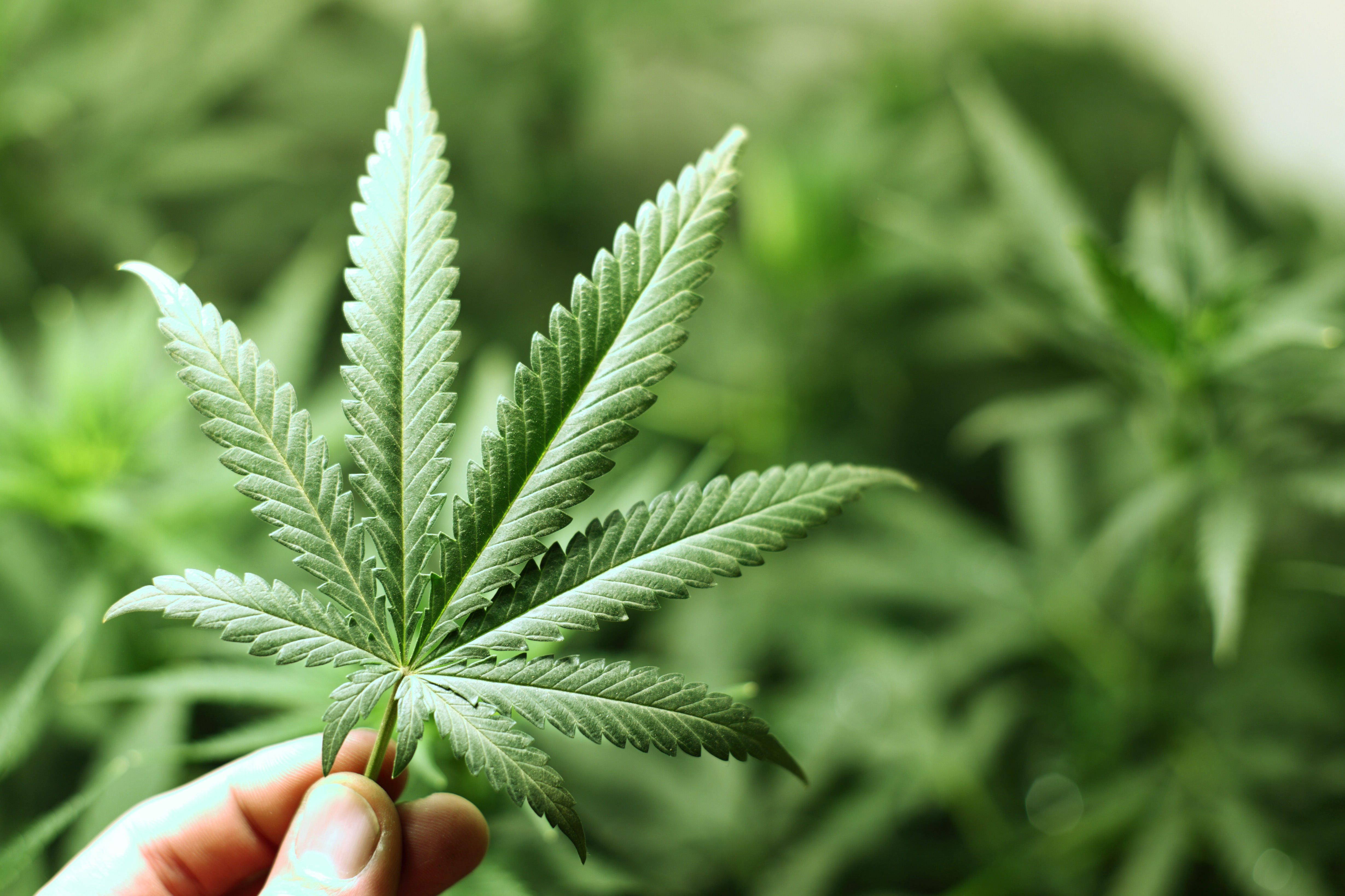Health
Australian state to allow marijuana to be cultivated for medicinal reasons
MELBOURNE – “Landmark” legislation which will allow marijuana to be grown for medicinal purposes will go before an Australian state’s parliament on Tuesday.
The state of Victoria, under its Premier Daniel Andrews, took the first step toward fulfilling a key 2014 election pledge to install a homegrown cultivation and distribution network for cannabis, paving the way for extracts of the drug to treat those with chronic-pain illnesses.
Victoria’s Health Minister Jill Hennessy was thrilled to announce the plan had progressed within the walls of parliament.
“I have seen first-hand how medicinal cannabis can change people’s lives — our legislation will mean families can legally access this life-saving treatment as soon as possible,” she said in a statement on Tuesday.
“These laws will mean families will no longer have to choose between breaking the law and watching their children suffer.”
Queensland and Victoria states have been forced to look at cultivating their own marijuana as the drug cannot be imported into Australia due to its illegal status.
Epileptic children will be the first to benefit from the scheme and will be given first access to the end product at some stage in 2017, according to the government.
The medicinal product supposedly lessens the frequency of epileptic fits, with a trial in the United States earlier this year showing almost a 50 percent reduction of some forms of seizures when prescribed a marijuana extract.
Other conditions which cannabis has reputedly shown positive symptom-management effects for are cancer, Dravet Syndrome, HIV/ AIDS, glaucoma, arthritis and Parkinson’s disease.
After the first stage of rollout, Hennessy said sufferers of HIV and those in palliative care would be the next eligible as production slowly scaled up.
“I know patients are knocking down our door asking when they’ll be able to access medicinal cannabis, we’ve got two important steps to take,” she told the Australian Broadcast Corporation.
“The first is we’ve got to get a safe product produced and manufactured here in the state.
“The second is we’ve got to have the right clinical oversight in terms of which patients get access and how we prescribe it.
“We can only produce a product at a small scale to begin with and then scale up, that’s why we’re starting with the kids with epilepsy.”
The government hopes the legislation would pass through parliament by February next year.






















